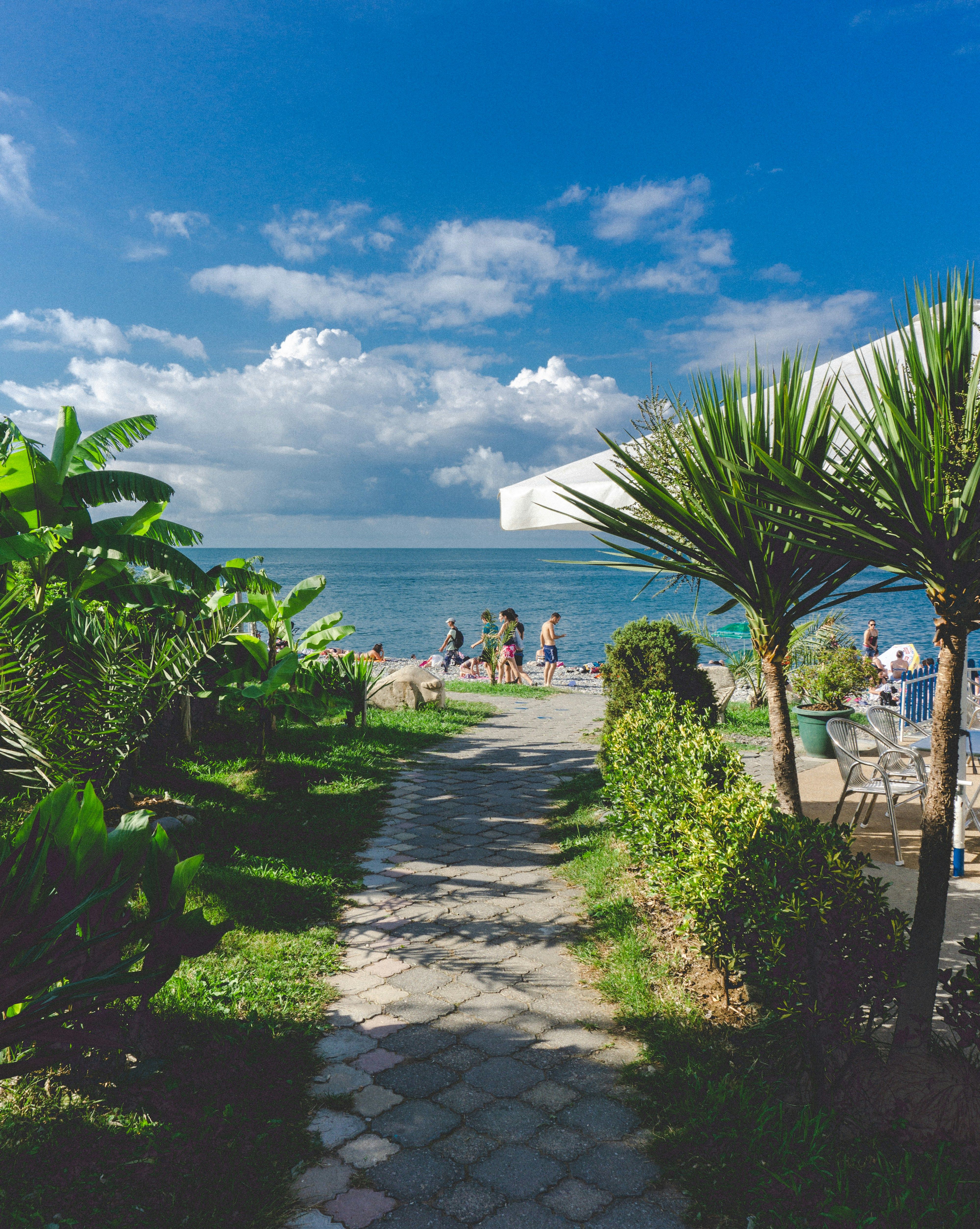Majority of Brazilians Back Onshore Gambling, According to State Poll
Gearing Up for Gambling: The Brazilian Land-Based Casino Bill
Last Tuesday (April 22), the DataSenado Research Institute—an organization linked to the Transparency Secretariat of the Federal Senate—dropped a bombshell. They released the results of a national survey that aimed to gauge public opinion on land-based gambling in the country.
The PL 2,234/2022 bill, which seeks to legalize land-based casinos, bingo, jogo do bicho, and betting on horse racing, received a thumbs-up from the Justice and Citizenship Committee back in June of last year. However, the bill has encountered setbacks and been delayed on multiple occasions, leading to some optimism that it could soon be put to a vote in the Senate. According to the bill's rapporteur, Senator Irajá Abreu, the bill seems to have the necessary support to secure final approval from the Senate.
The survey, conducted between February 21 and March 1, 2022, polled 5,039 Brazilian adults via computer-assisted telephone interviews. And as it turns out, Brazilians appear to be quite supportive of regulated and monitored land-based gambling. The survey found that 60% of respondents were in favor of the proposals, with just 34% against and another 6% undecided or choosing not to answer.
The Economic Boost of Legal Land-Based Gambling
The primary driving force behind political support for land-based gambling is the potential economic benefits the industry could offer. Some estimates suggest that legalization could bring in around 20 billion Brazilian reals (£2.6 billion/€3.1 billion/$3.5 billion) annually. What's more, nearly 6 in 10 survey respondents agreed that legalizing land-based gambling would increase tax collection.
Another enticing economic incentive is job creation. International heavyweight Hard Rock International has already expressed interest in entering the Brazilian market, with plans for an integrated resort that could create thousands of jobs and attract tourists regionally and internationally. When asked, 44% of survey participants believed legalizing land-based gambling would increase employment opportunities in the country.
Are You Ready to Roll the Dice?
The survey found that over 26% of the population would participate in land-based gambling if it became legal, suggesting a substantial market waiting to be tapped. Despite its current illegality, almost 75% of respondents acknowledged that land-based gambling is relatively common in Brazil. And only one- fourth believed the existing ban was very effective at reducing the activity.
Formalizing the Fun
If legalized, land-based gambling would likely formalize the activity, helping to reduce harmful consequences such as addiction and gambling-related crime. The majority of survey respondents (65%) expressed concern about the creation of rules to prevent gambling-linked crimes, such as money laundering.
While support for the bill is strong, it has faced opposition from some quarters. The federal police in Brazil have reportedly expressed concerns over the potential increase in money laundering associated with the legalization of land-based gambling. Nevertheless, many believe that by implementing measures such as supervising casino machines to ensure honesty and accuracy, as well as establishing a national confidential registry of those with gambling addictions, these potential issues can be addressed. The survey found that 62% and 54% of respondents, respectively, agreed these measures would be positive aspects of the proposals.
- The DataSenado Research Institute, connected to the Transparency Secretariat of the Federal Senate, has revealed that the majority of Brazilians are in favor of the PL 2,234/2022 bill that aims to legalize land-based casinos, bingo, jogo do bicho, and betting on horse racing.
- The survey conducted by DataSenado suggests that legalizing land-based gambling could lead to significant economic benefits, with 60% of respondents agreeing that it would increase tax collection and 44% believing it would create job opportunities.
- If legalized, land-based gambling could potentially formalize the activity, reducing harmful consequences such as addiction and gambling-related crime, with 65% of survey respondents expressing concern about preventing gambling-linked crimes like money laundering.
- The survey findings indicate that over 26% of the population would participate in land-based gambling if it became legal, and 62% and 54% of respondents agreed that measures such as supervising casino machines and establishing a national confidential registry of those with gambling addictions would be positive aspects of the proposals.
- Despite the support for the bill, concerns have been raised by the federal police in Brazil regarding potential increases in money laundering associated with the legalization of land-based gambling, but many believe these potential issues can be addressed with proper measures implemented.








